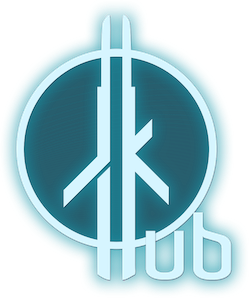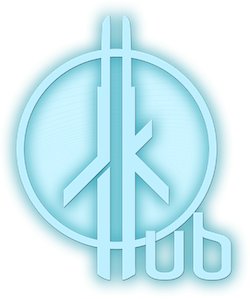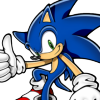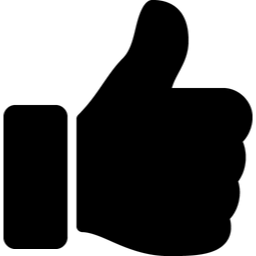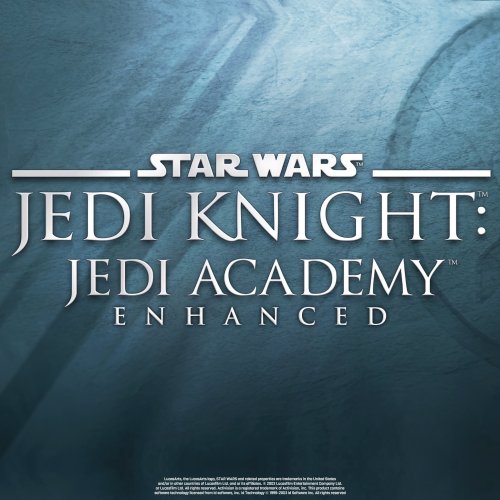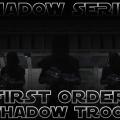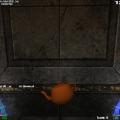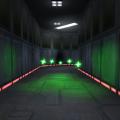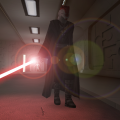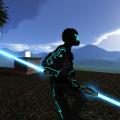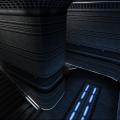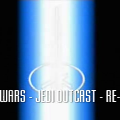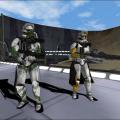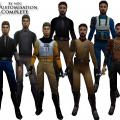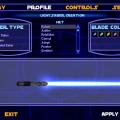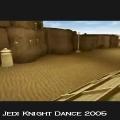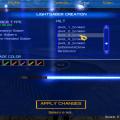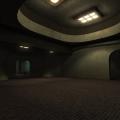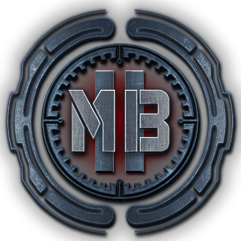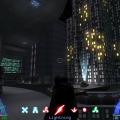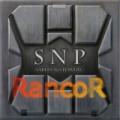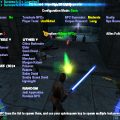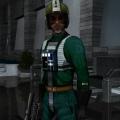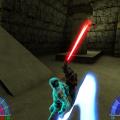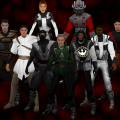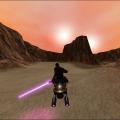-
Posts
674 -
Joined
-
Last visited
Content Type
News Articles
Tutorials
Forums
Downloads
Everything posted by Dusty
-
I see, I'll probably check with them on the Discord. Originally creating my own modification is what I did some time ago with Dusty's Patch. The Patch still needs some clean up and bug fixing though, and is pending combination/compatibility with JK Enhanced. But the main reason I want this feature set to be part of the main OpenJK source is that I feel it is true to the mission of OpenJK and shouldn't be accidentally exclusive to my modification which includes a lot of subjective content and gameplay modifications even if they are cvar-controlled. For example, I want to (formally) externalize most of the existing hardcodes on weapon stats, NPC AI stats and behavior, saber style definitions, and perhaps a few other features while maintaining unchanged behavior/gameplay outputs in OpenJK. But I can discuss it on Discord then. Thank you much Circa and hope you're doing well as it has been a long time with no see. I may be around cleaning up my mods the next few years :)
-
I recall hearing at one point this is a no-no. But I want to ask, is it actually? I understand the purpose is to avoid piracy or legal issues, and I don't want either of those to be a thing, but my simple mind wouldn't think external files being included the same way as non-OpenJK code mods and content mods do would be a problem. The reason I ask is because I'm considering adding expansions to OpenJK for the weapons.dat and NPC file parsing, and I'm also wanting to look into writing expansions for the .sab files, saber style files, constants files, among other tidbits, and it would be nice to include updated external files or at least helper files with the OpenJK binaries. Thanks for any information. EDIT: I would also add, that the point is increasing the configurability, modularity, and quality-of-life/ease of and lightweightness of mods that use OpenJK, which I believe is in line with OpenJK's goals and not a departure from them. I also cross-posted this on the OpenJK Github discussions tab for extra visibility, since I don't know how active this particular JKHub forum is... https://github.com/JACoders/OpenJK/discussions/1260
-
- 12 comments
-
- Team Support
- Star Wars Related
-
(and 3 more)
Tagged with:
-
- 27 comments
-
- Non Star Wars Related
- JKHub Exclusive
- (and 2 more)
-
-
-
- 1 comment
-
- NPC Support
- Team Support
-
(and 1 more)
Tagged with:
-
-
- 9 comments
-
- JKHub Exclusive
- Single Player Support
-
(and 1 more)
Tagged with:
-
- 27 comments
-
- JKHub Exclusive
- Star Wars Related
-
(and 3 more)
Tagged with:
-
-
-
-
- JKHub Exclusive
- Male
-
(and 1 more)
Tagged with:
